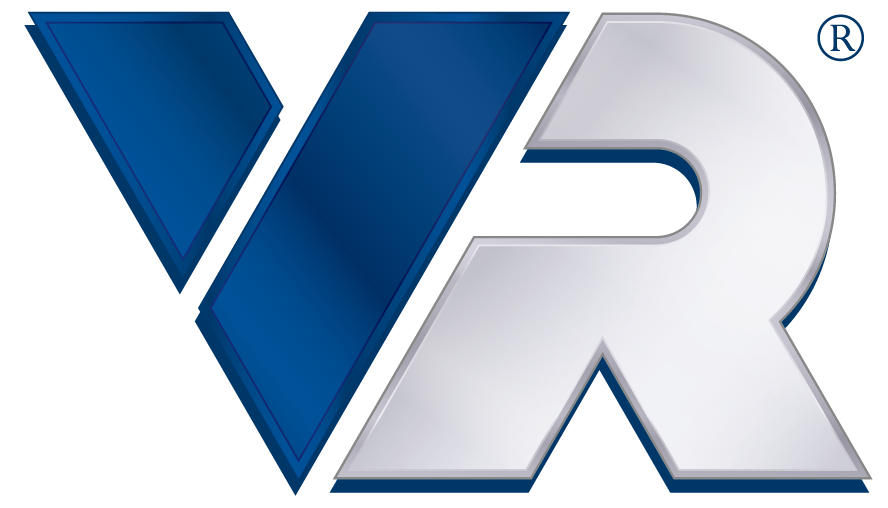The team of professionals at VR located in Wyomissing, Pennsylvania are educated and qualified to provide independent, third-party professional business valuation services (also called business appraisals).
Business valuations have many purposes including:
- Sale or purchase of a business.
- Obtaining financing gift tax or estate tax planning.
- ESOPs.
- Shareholder disputes.
- Buy-sell agreements.

How is Value Established?
Valuing a privately-held company is both an art and a science. No two companies are identical, and there is no one simple formula or method that is all inclusive. We use a comprehensive, industry accepted multi-method approach that considers relevant factors that are unique to a particular company, including: the value proposition, the company history, future economic outlook, industry ratios and trends, and tangible and intangible asset values. In addition, a primary focus, depending on the scope and purpose of the valuation, is historical cash flows, projections, risks, competition, technological changes, capital expenditure, and working capital.
There are several widely-accepted valuation methodologies:
- Discounted Cash Flow.
- Earnings Capitalization Method.
- Multiple of Earnings/Cash Flow.
- Asset Based Valuation.
- Comparable Transaction Analysis.
Valuation experts, such as our team, are keenly aware of the strengths and weaknesses inherent in each methodology and will value a business using more than one approach. Our professionals will compare results with each methodology, consider all aspects of each methodology, and determine a valuation.
The steps in the valuation process:
- Define the scope of the valuation.
- What is the purpose of the valuation.
- How will it be used.
- What specifically is being valued.
- Gather data.
- Historical financial information.
- Corporate structure and history of the company.
- Trends and conduct analysis.
- Determine appropriate valuation methods to employ.
- Input data and assumptions.
- Perform analysis.
- Review and adjust the value.
- Review analysis.
- Adjust for company-specific factors (discounts or premiums).
- Prepare valuation report.
- VR will conduct your business valuation professionally and confidentially.
Below are some common valuation terms and definitions:
Fair Market Value: The price at which a business would change hands between a willing buyer and willing seller when the former is not under any compulsion to buy and the latter is not under any compulsion to sell. Both parties have a reasonable knowledge of relevant facts.
Book Value: Book Value is not a standard of value at all, but is an accounting term for the total net assets minus liabilities on the balance sheet.
Liquidation Value: Value derived from either an orderly or forced sale of specific assets and assuming that the seller is compelled to sell.
Intrinsic Value: An analytical judgment of value based on the perceive characteristics inherent in the business, without regard to the identity or characteristics of a particular acquirer. The term, “Beauty is in the eye of the beholder” best defines this term.
Investment Value: Value to a particular acquirer considering his or her specific personal circumstances and knowledge of the transaction and potential synergies it will create. Investment value may or may not be higher than fair market value.
Is this a right time to sell?
Schedule a confidential appointment with our agent and develop your exit strategy and prepare your business for sale.


